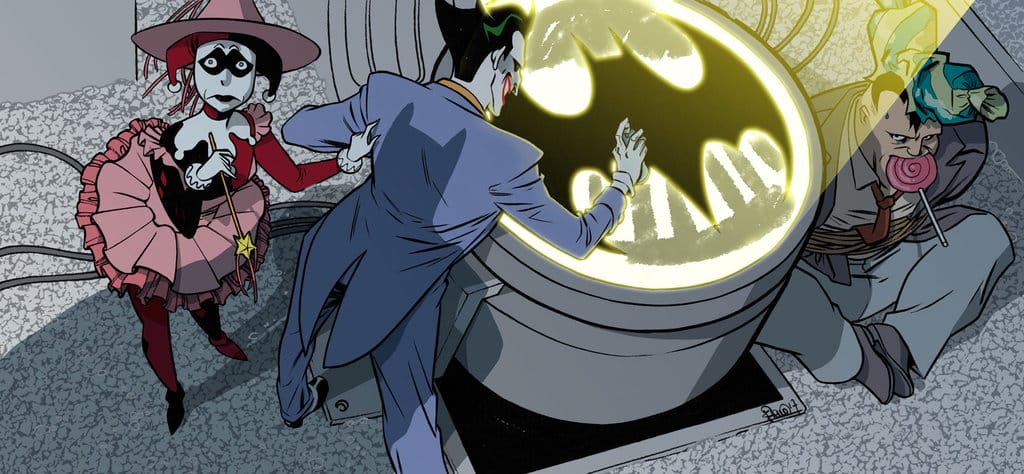Research from Dr James Carney of Brunel University London has shown that modern superheroes have become a mental defence against the scale of modern living. They keep us sane.

Carney’s research is published in the Journal of Cognition and Culture. If you’re curious you can take a look at Comic-Book Superheroes and Prosocial Agency: A Large-Scale Quantitative Analysis of the Effects of Cognitive Factors on Popular Representations yourself. Co-written by the University of Oxford’s Dr Pádraig Mac Carron the paper begins by setting out its stall.
We argue that the counterfactual representations of popular culture, like their religious cognates, are shaped by cognitive constraints that become visible when considered in aggregate. In particular, we argue that comic-book literature embodies core intuitions about sociality and its maintenance that are activated by the cognitive problem of living in large groups. This leads to four predictions: comic-book enforcers should (1) be punitively prosocial, (2) be quasi-omniscient, (3) exhibit kin-signalling proxies and (4) be minimally counterintuitive. We gauge these predictions against a large sample of 19,877 characters that were derived from 72,611 comics using data scraping techniques. Our results corroborate the view that cognitive constraints exercise a selective effect on the transmission of popular culture.
That’s a lot of comics!
Carney explains that the overwhelming number of people crammed into cities has left us living in near constant low-grade anxiety. He said;
Comic books are a tool to deal with that anxiety, that problem of not knowing all the people you meet and not having that trusted network you might in a smaller place.”
Normally, we try and keep tabs on people but can only track about 150. In a city that’s hardly enough. If you have for smartphone or stolen while you’re on Oxford Street in London, for example, there are literally thousands of unknown people who might have it. This psychological overload or inability to do the amount of ‘moral monitoring’ we feel we need creates pressures only supernatural-style powers can tackle. Dr Carney explains how superheroes help here.
We know superheroes don’t exist, but characters who are quasi-omniscient, that see everything and know everybody, fascinate us because they’re a way to compensate. Fictional heroes like Sherlock Holmes, who can figure out everything about you from your appearance, or Spider-Man, whose sixth sense alerts him to distant danger, give us confidence that our uncertain social environment can be made safe.”
Dr Mac Carron and Carney’s study scraped wiki databases of DC and Marvel heroes to produce this biggest ever quantitative study of comic book heroes.
Illustration by Elena Casagrande, released under Creative Commons and drawn for Blastoff Comics.

